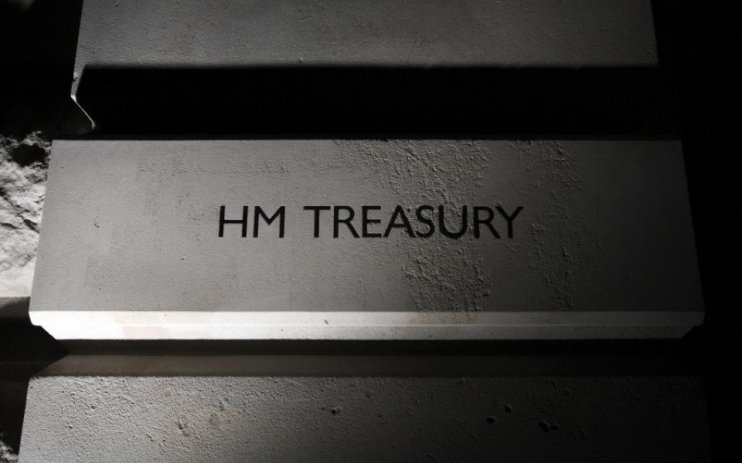Rampant inflation to swell government’s interest bill once again

Soaring inflation will swell the government’s interest bill to eye-watering levels, official figures released this week are expected to show.
The cost of servicing the UK’s stock of debt has already broken several records in recent months, including hitting its highest ever level for a December at £8.1bn.
Fresh figures published by the Office for National Statistics (ONS) on Wednesday are forecast to add to the body of evidence indicating high interest payments are dragging down the public purse.
A large proportion of Britain’s debt is linked to the retail price index (RPI), meaning higher inflation increases government spending on interest payments.
Figures published last week revealed RPI is running at its hottest rate since 1991.
Higher than expected inflation will push the government’s interest bill over £10bn above the Office for Budget Responsibility’s projections this year, casting doubt over whether Chancellor Rishi Sunak can deliver on promised tax cuts.
The public finances are “more exposed to rises in the cost of servicing… debt, and it remains to be seen whether the recent sharp increases will be outweighed by stronger revenues,” Isabel Stockton, a research economist at the Institute for Fiscal Studies, warned.
The value of the country’s stock of debt is the equivalent to 96 per cent of the size of the UK economy, the biggest rate since March 1963.
Increased government spending to deal with the impact of the Covid-19 crisis has ballooned the country’s stock of debt.
However, a surge in self-employed Brits filing their tax returns in January will artificially boost the government’s finances.
Analysts at Deutsche Bank are pencilling in a £3.5bn surplus for January.
“January also tends to be the largest month for cash VAT receipts (given Christmas sales),” Sanjay Raja, senior economist at Deutsche Bank, said.